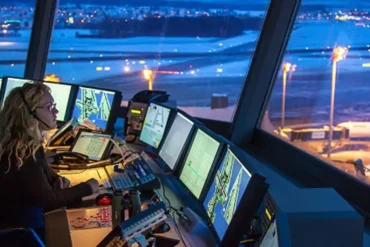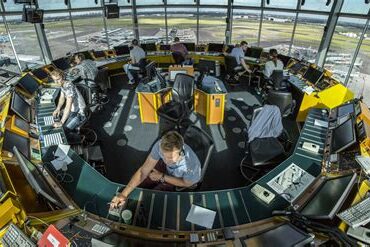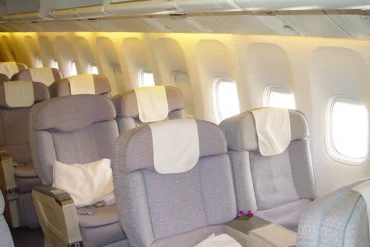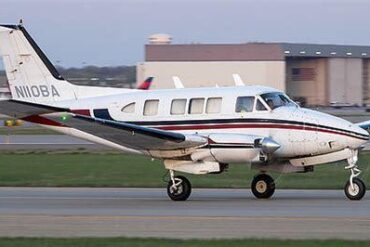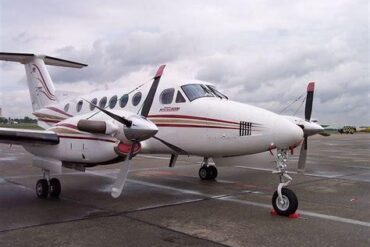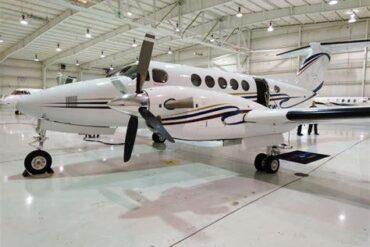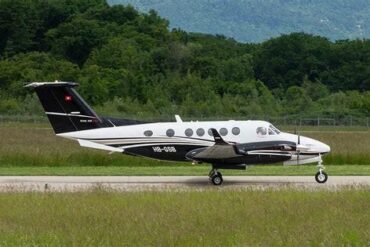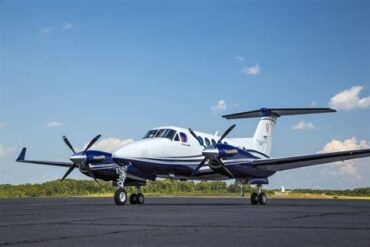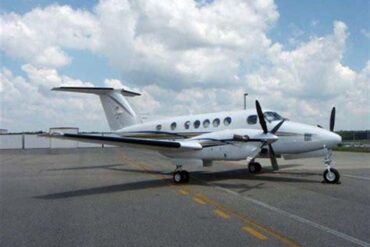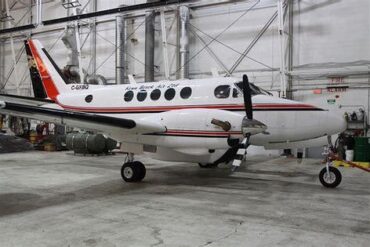Hey there! So you’re interested in learning about what it’s like to be an air traffic controller? Well, you’ve come to the right place. Air traffic control is a super important job that helps keep planes running smoothly and people safe while traveling. Let’s dive into the awesome stuff and some of the not-so-awesome stuff about this career.
What Do Air Traffic Controllers Do?
Essentially, air traffic controllers are the air traffic cops. They keep an eye on planes in the sky, on the ground during takeoff and landing, and everywhere in between using cool tech like radars, computers, and cameras. Their main gig is making sure planes keep a safe distance from each other and don’t get too close for comfort. They also talk to the pilots, especially during emergencies, guide them through takeoffs and landings, and manage the runway traffic to prevent any collisions. To do all this, they need some serious skills like:
- Active Listening: Being able to listen carefully and stay focused is key for organizing all those plane movements during different flight phases. They’ve got to respond quickly to messages from the flight crew.
- Communication: Communicating clearly and effectively with pilots, other control towers, and everyone involved is crucial for keeping things safe and handling any emergencies that pop up.
- Critical Thinking: Sometimes air traffic controllers have to make quick decisions, so having strong critical thinking skills helps them do their lifesaving job well.
Pros of Being an Air Traffic Controller
Now let’s talk about some of the awesome perks of this job:
Indoor Work Environment
One of the coolest things is that air traffic controllers work indoors, chillin’ in those iconic control towers. These towers are built tough to withstand crazy weather like hurricanes and earthquakes. Plus, they often have nice amenities like air conditioning to keep things comfy.
Financial Security
Money talks, and air traffic controllers can enjoy some solid financial stability. On average, they make around $53,823 per year, with the potential to earn even more as they gain experience. Depending on where they work, they might also get sweet perks like on-site child care and transportation subsidies, which helps make their overall financial situation even sweeter.
Why Air Traffic Controllers Are So Important
These folks play a huge role in keeping the whole air travel system running smoothly and safely for all the passengers and crew. By sharing their guidance and expertise, air traffic controllers help make air travel a reliable and safe way to get around, which is pretty darn important for the travel and transportation industries.
More Perks of the Job
Air traffic controllers get to enjoy frequent breaks during their shifts, which is awesome for staying alert and focused. These little breathers let them rest and recharge, so they can bring their A-game to the control room. And when they’re not on shift, they’ve got plenty of leisure time to relax and do their own thing outside of work.
Another great perk is that the job doesn’t require a ton of physical labor. Air traffic controllers mostly just chill in their seats while they work, so there’s not a lot of strain on their bodies. This helps them concentrate on their tasks without getting too physically drained.
Oh, and let’s not forget about the potential for early retirement! In many places, air traffic controllers can retire after just 20 to 30 years on the job. That means they could potentially be kicking back and enjoying retirement while they’re still pretty young, with plenty of time to pursue hobbies and new adventures.
Cons of Being an Air Traffic Controller
Of course, no job is perfect, and there are a few downsides to being an air traffic controller:
High-pressure Work Environment
Let’s be real, this job comes with a lot of pressure. Air traffic controllers have a huge responsibility for keeping thousands of people safe in the skies every single day. Making sure flights stay on schedule and passengers stay safe can be really mentally draining. But having opportunities for cross-training, where controllers can take on different tasks and roles, can help reduce some of that stress by giving them little breaks throughout their shifts.
Weekend and Holiday Shifts
Air travel doesn’t take a break for weekends and holidays, which are usually the busiest times. So air traffic controllers often have to work during those periods when most people are off. But with cross-training, the schedules can be balanced out so controllers still get a chance to spend important occasions with their families.
Night Shifts
Yep, air traffic controllers also have to work those night shifts since planes are flying all night long. Staying alert is super important, so getting enough sleep before these shifts is crucial. Cross-training can help here too by creating a bigger team of qualified folks, so controllers don’t have to work full night shifts all the time and can stick to a more regular sleep schedule.
Limited Career Advancement Opportunities
Air traffic control is a pretty specialized field that requires a lot of training, so once you’re in, it can be tough to move up or switch careers outside of aviation. However, cross-training programs that teach controllers diverse skills can open up more opportunities for them, both within air traffic control and in other roles too.
So there you have it, the good, the bad, and the ugly about being an air traffic controller. It’s a demanding but super important job that comes with its own set of awesome perks and not-so-awesome challenges. Hopefully, this gives you a better idea of what to expect if you decide to pursue this career path.

